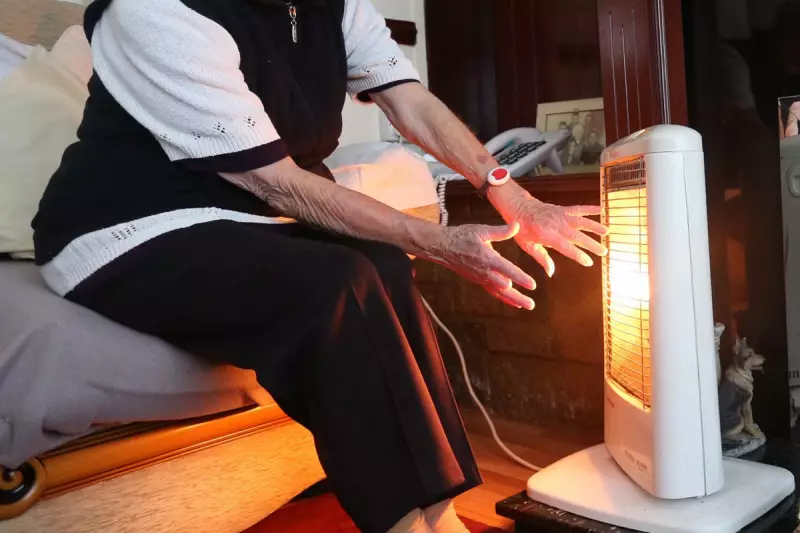
The Department for Work and Pensions (DWP) faces mounting pressure after revelations it underpaid a staggering 210,000 pensioners by approximately £1.7 billion in state pension errors. This shocking financial oversight has left hundreds of thousands of elderly Britons struggling with inadequate retirement income.
The Scale of the Pension Crisis
According to official figures obtained through Freedom of Information requests, the DWP's systematic failures have created a perfect storm of financial hardship for pensioners. The errors primarily affect those who reached state pension age before April 2016 and were supposed to receive increases based on their spouse's or partner's National Insurance contributions.
The average underpayment stands at around £8,900 per person, though many cases involve significantly larger sums. Some individuals are owed tens of thousands of pounds that could have dramatically improved their quality of life during retirement.
Who's Most at Risk?
Experts identify several groups particularly vulnerable to these pension miscalculations:
- Married women who reached pension age before April 2016
- Widows and widowers not receiving their full inherited pension entitlements
- People over 80 missing their age-related pension boosts
- Those with complex National Insurance contribution histories
Government Response and Recovery Efforts
The DWP has launched a correction exercise, but critics argue the process is moving too slowly. A department spokesperson stated: "We are committed to ensuring everyone receives the financial support to which they are entitled. We have set up a dedicated team and are actively looking for those affected."
However, pension experts warn that many elderly people may remain unaware they're missing thousands of pounds they're legally entitled to receive.
What You Need to Do
If you suspect you might be affected by these pension errors, take these crucial steps:
- Check your state pension statements carefully against your National Insurance record
- Contact the Pension Service if you believe there's a discrepancy
- Seek independent advice from organisations like Age UK or Citizens Advice
- Keep detailed records of all communications with the DWP
The DWP estimates the correction programme will continue until late 2024, but many pension advocates argue this timeline leaves vulnerable elderly people waiting too long for money they desperately need now.





